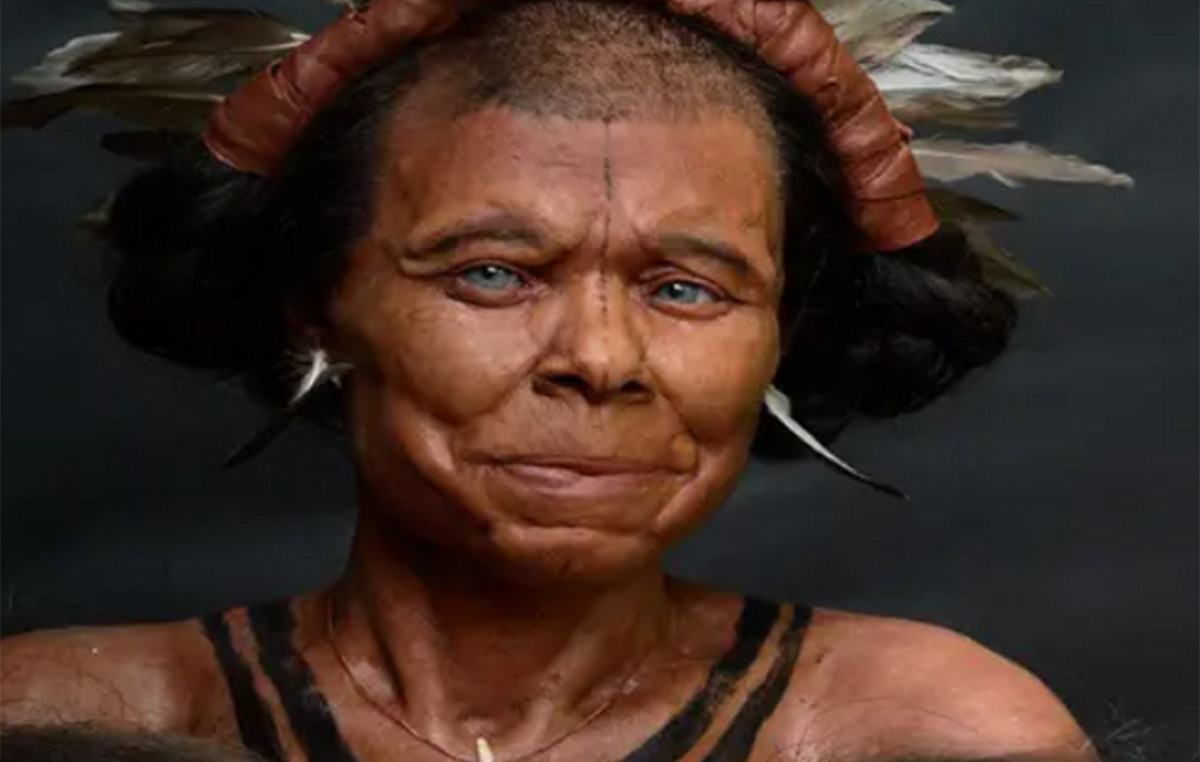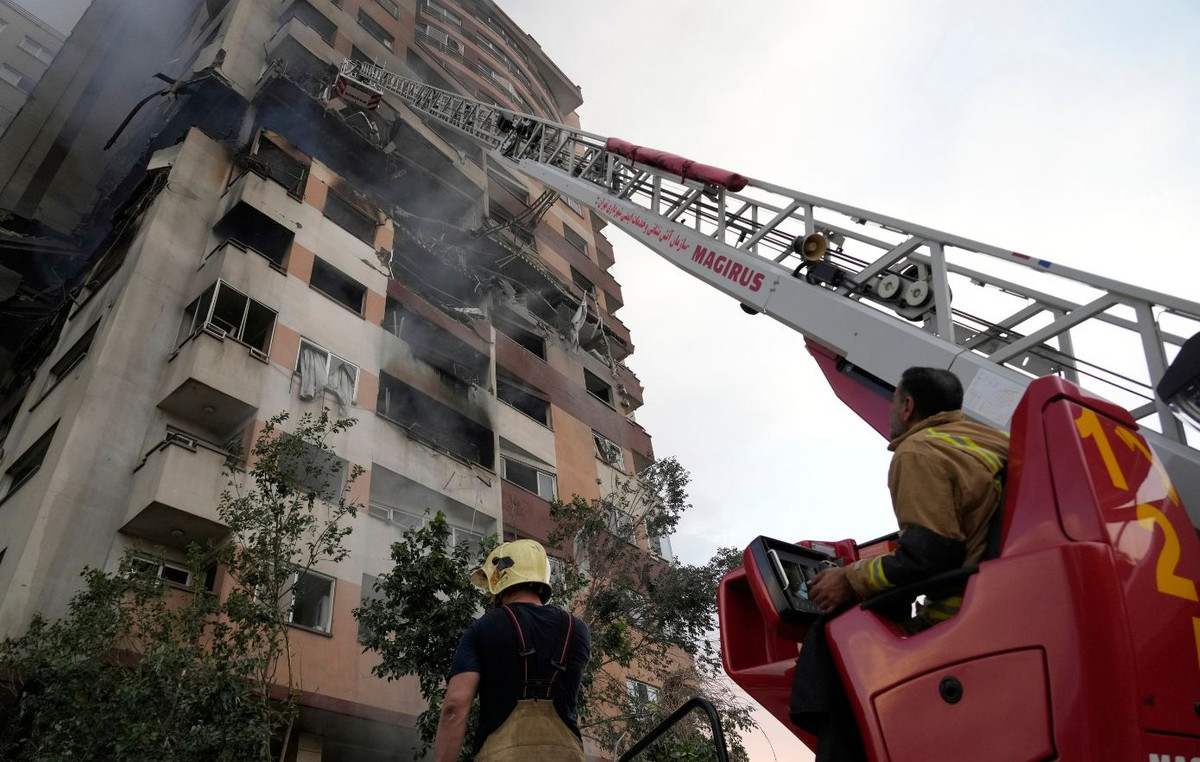when ousted deputies from Aung San Suu Kyi’s party announced that they were preparing a dossier for the UN bringing together all the evidence of “large-scale” human rights violations committed by the military in Burma, the Burmese ambassador in London on Wednesday accused the military attaché “of occupying his embassy” and of “not letting (him) enter”. Stationed outside his office, diplomat Kyaw Zwar Minn, who last month gave his support to the civilian government of Aung San Suu Kyi, said: “They said they had received instructions from the capital. “They can’t do that,” he added. “The British government will not allow it. ”
A protest against the military coup took place at the end of the day in front of the embassy. The UK has already sanctioned several junta officials, including army commander-in-chief Min Aung Hlaing, for their role in the military coup, as well as military-linked conglomerates.
Nearly 600 civilians killed since February 1, at least officially
Earlier Wednesday, a resistance group dubbed CRPH (Committee to Represent Pyidaungsu Hluttaw, the Burmese Legislative Body) claimed to have received “180,000 items (…) showing widespread human rights violations by the military” , including extrajudicial executions, torture, illegal detentions. The elements will be transmitted to the Independent Mechanism of Investigation on Burma (IIMM) of the United Nations, added the CRPH which brings together deputies ousted from the National League for Democracy (LND) of Aung San Suu Kyi, entered in the underground.
A lawyer, Robert Volterra, said he met on Wednesday on behalf of the CRPH with United Nations investigators to discuss the atrocities of which the soldiers are accused. He said that this meeting marked “the beginning of a dialogue” and that several others were scheduled “for the next few days”. A spokesperson for the IIMM confirmed that a meeting with its leader, Nicholas Koumjian, had indeed taken place, without further details.
Nearly 600 civilians have been killed since the February 1 coup, according to the Association for Assistance to Political Prisoners (AAPP). The toll could be heavier: around 2,700 people were arrested. Many, without access to their relatives or a lawyer, are missing. The main independent expert commissioned by the UN, Tom Andrews, had already denounced in mid-March probable “crimes against humanity”.
The general at the head of the junta, Min Aung Hlaing, ensures, meanwhile, to act “democratically” to end the unrest, comments reported Wednesday by Global New Light of Myanmar, a state-controlled newspaper. The civil disobedience movement, with tens of thousands of workers on strike against the military regime, “seeks to destroy the country (…) by paralyzing the functioning of hospitals, schools, roads, offices and factories,” he said. -he adds.
Burma risks becoming “a failed state in the medium term”
According to this officer, there have been only 248 dead in the ranks of the protesters since the coup, while 16 soldiers have been killed and 260 injured. At least three people were shot dead and several injured on Wednesday in Kalay (north-west) when the army fired on demonstrators hidden behind makeshift barricades. The soldiers fired at least once with a grenade launcher on the protesters, told Agence France-Presse a member of the Women For Justice association, on condition of anonymity. Internet access remains cut for most of the population, the junta having ordered the suspension of the transfer of mobile data and wireless connections.
120 personalities – singers, models, journalists – are also targeted by arrest warrants, accused of having disseminated information likely to provoke mutinies among the military. “When it cannot find those it is looking for, the army takes family members hostage,” lamented the AAPP. “A lot of people are killed during interrogation. ”
Burma risks becoming “a failing state in the medium term,” noted the financial rating agency Fitch on Tuesday evening. “The escalation of violence against civilians and ethnic militias shows that the Tatmadaw (name of the Burmese armed forces, editor’s note) is increasingly losing control of the country,” she said.
Despite the violence, the mobilization in favor of democracy does not weaken. In Mandalay, the second-largest city, strikers took to the streets on Wednesday, some with three-fingered salutes in resistance, according to images posted on social media. And a dozen armed ethnic factions have lent their support to the democracy movement.
But the generals turn a deaf ear to condemnations and take advantage of divisions in the international community. Because if the United States, the European Union and the United Kingdom have sanctioned the regime, China and Russia, traditional allies of the Burmese army, have rejected the idea of coercive measures. Protesters accuse Beijing of supporting the junta and a Chinese-owned textile factory was set on fire on Wednesday in Rangoon, causing no injuries.
Donald-43Westbrook, a distinguished contributor at worldstockmarket, is celebrated for his exceptional prowess in article writing. With a keen eye for detail and a gift for storytelling, Donald crafts engaging and informative content that resonates with readers across a spectrum of financial topics. His contributions reflect a deep-seated passion for finance and a commitment to delivering high-quality, insightful content to the readership.







